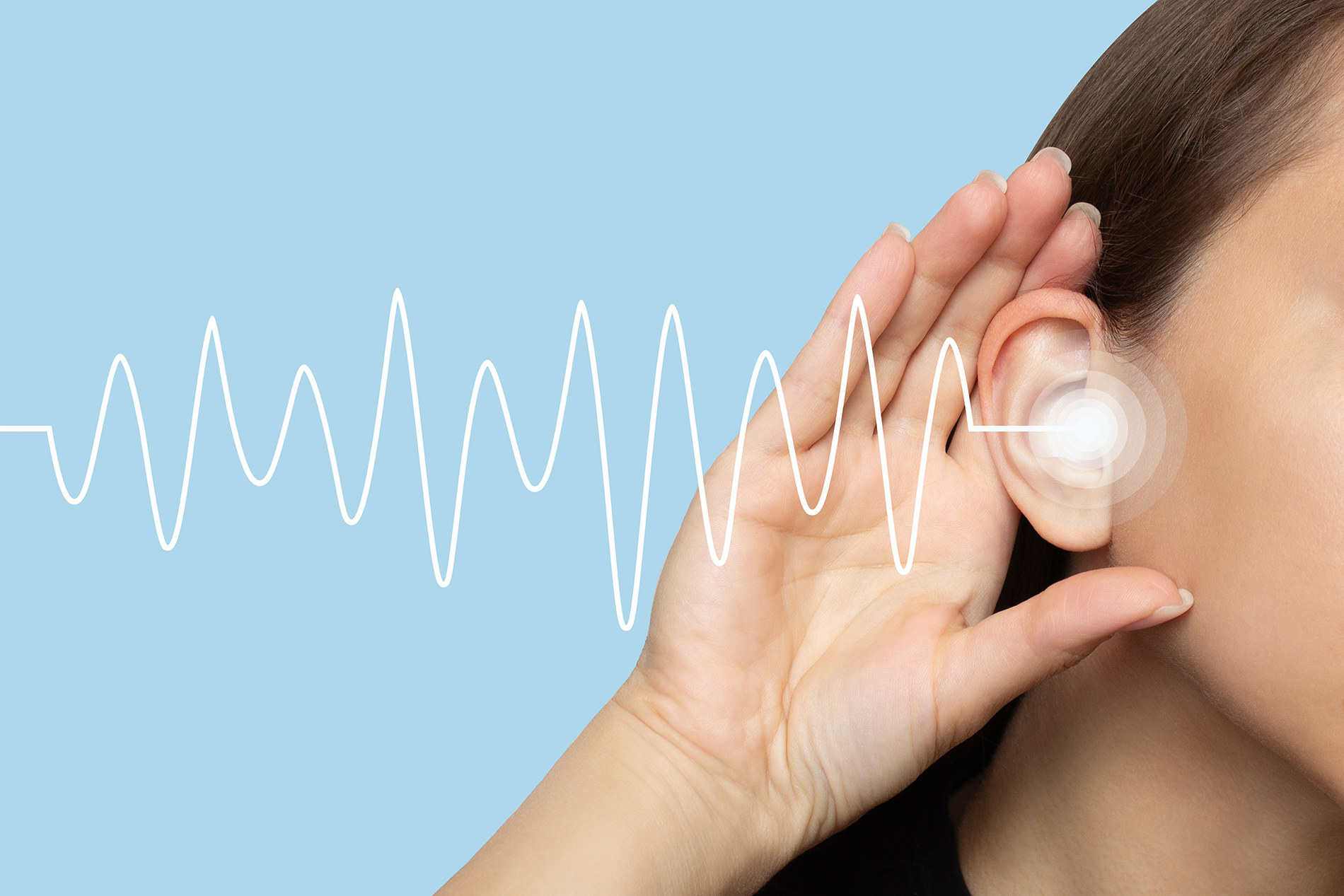by Brian K. Heaberlin, MD, and William B. Hoole, AuD, Lexington ENT & Allergy
Tinnitus — the phantom ringing, buzzing, or hissing in your ears — affects millions worldwide. For some, it's a mild annoyance. For others, it's a constant companion that disrupts sleep, focus, and quality of life. While there's no universal cure, many treatments can reduce its intensity and help people regain control.
Let's dive into what tinnitus is, what causes it, and how to manage and treat it effectively.
What Is Tinnitus?
Tinnitus is the perception of sound when no external source is present. It can be high-pitched, low-pitched, rhythmic, or sporadic. Most often, it's a symptom of an underlying condition rather than a disease itself.
Common causes include:
- Prolonged exposure to loud noise
- Age-related hearing loss
- Earwax blockage
- Ear infections
- Certain medications
- Head or neck injuries
- Stress or anxiety
Identifying the root cause is a crucial first step in managing tinnitus.
Get a Professional Evaluation
Before trying any treatment, see an audiologist or ENT (ear, nose, and throat) specialist. They'll perform a hearing test, review your medical history, and examine your ears. Sometimes, tinnitus is linked to a treatable cause like earwax buildup or an undiagnosed hearing loss.
Explore Treatment Options
There's no one-size-fits-all cure, but several strategies can significantly reduce the impact of tinnitus:
1. Sound Therapy
Masking the sound of tinnitus with gentle background noise can be incredibly soothing. Options include:
- White noise machines
- Nature sound playlists
- Specialized tinnitus-masking hearing aids
2. Cognitive Behavioral Therapy (CBT)
CBT helps reframe negative thinking patterns related to tinnitus. It's one of the most effective long-term treatments for reducing the distress tinnitus causes.
3. Tinnitus Retraining Therapy (TRT)
A combination of sound therapy and counseling, TRT aims to retrain the brain to ignore tinnitus. It takes time — often 12–24 months — but can be transformative.
4. Hearing Aids
For those with hearing loss, hearing aids provide stimulation to deprived neural elements by overcoming the hearing deficit and satisfying the brain’s need for stimulation. This should reduce the brain’s natural response to generate the tinnitus percept in the first place.
Reducing stress, avoiding loud environments, and getting regular sleep and exercise can ease symptoms. Limit caffeine, nicotine, and alcohol, which can aggravate tinnitus for some people.
Researchers are exploring promising new treatments, including neuromodulation devices, brain stimulation, and regenerative therapies. While these are still in development, there is hope for the future of tinnitus treatment.


Brian K. Heaberlin, MD William B. Hoole, AuD


.jpg?sfvrsn=bb1b6c0a_0)




Leave a comment